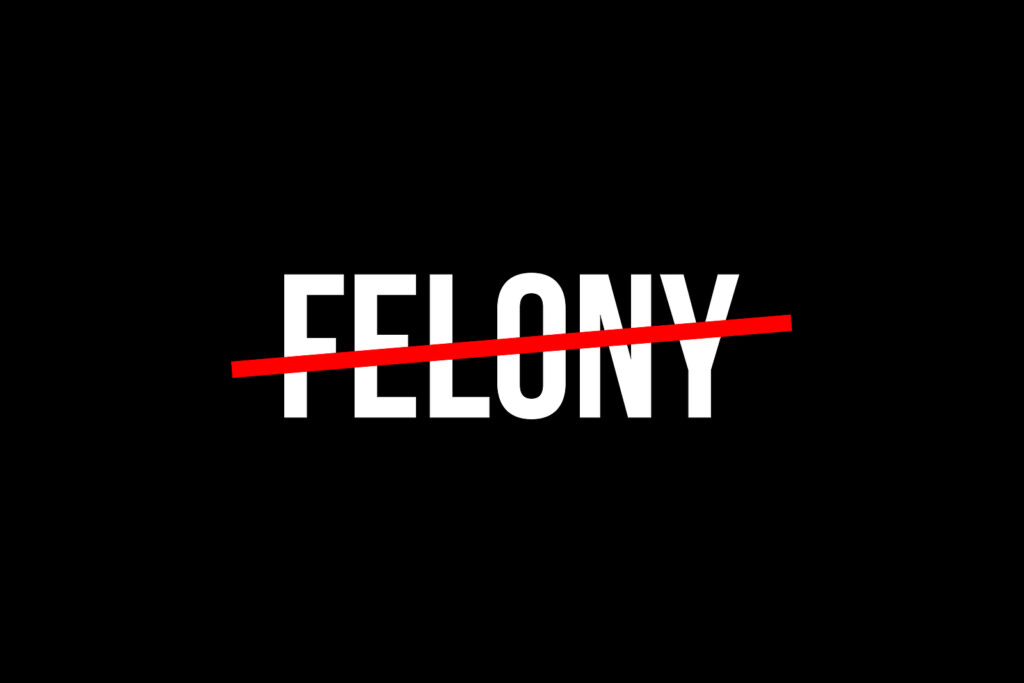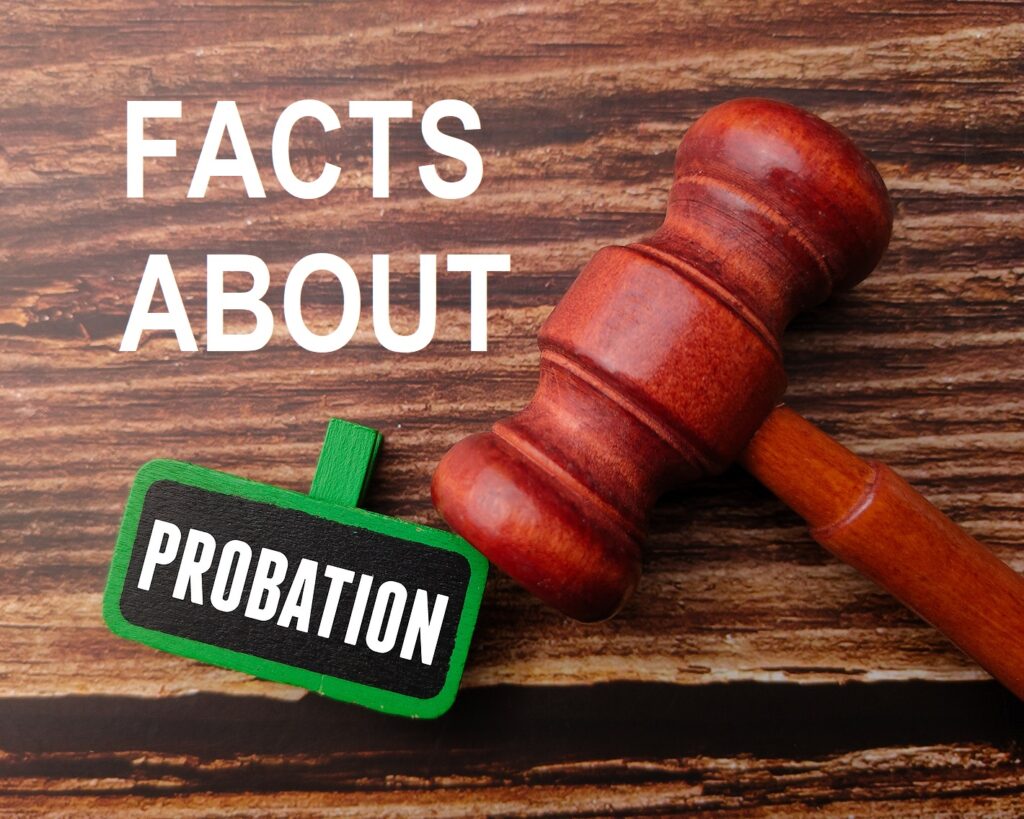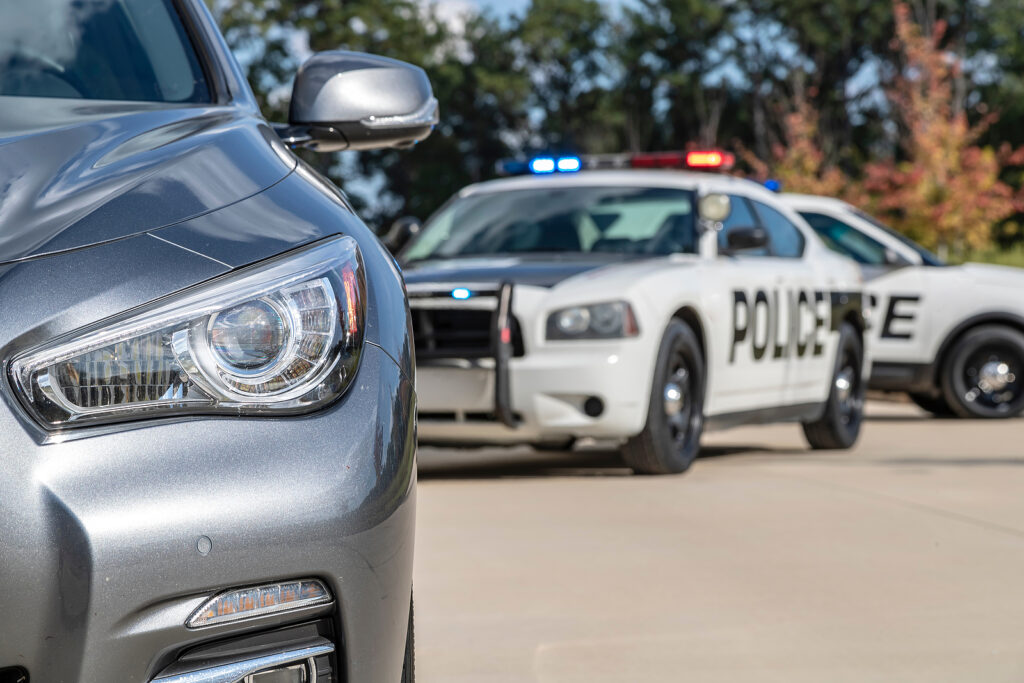The New Indiana Second Chance Law really can give second chances to past offenders and those arrested on minor criminal charges. If you are facing a low level non-violent felony, you are in a good position to qualify. However, it is important to understand the stipulations that go along with the criminal record expungement process and possible outcome to felony-level petitions.
Continue below to review some important considerations and facts surrounding felony criminal record expungement, plus who to trust for reliable and affordable legal assistance.

Criminal Record Expungement and Sealing for Felonies in Indiana
Felonies are divided up into 7 levels. Level 1 felonies are the most serious, while Level 6 felonies are the least serious. Murder is the highest felony, and in a category of its own. Level 6 felonies used to be called Class D felonies. This categorization is now outdated. Level 6 felonies are considered low level, even more so if they are non-violent.
In Indiana, Level 6 Felony convictions hand down a moderate to severe criminal sentence. Generally, one can expect to be sentenced to 6 months to 2 and a half years in jail, plus ordered to pay fines up to $10,000. Additional court-ordered penalties may also arise, such as house arrest, ignition interlock devices (IID), drug and alcohol rehabilitation, restitution, community service, and more.
Expunging or Sealing a Low Level Felony
Low level felonies may qualify for criminal record expungement or record sealing if they are non-violent, plus at least 8 years has passed since the date of your arrest or conviction, or 3 years has passed since you have completed your sentence. Talk to an Indianapolis IN criminal record expungement attorney to confirm your eligibility for felony expungement or sealing, plus commence your official petition.
What You Need to Do
In order to petition for criminal expungement or record sealing, you will need to satisfy some specific responsibilities of your own. First, you must officially complete all elements of your felony sentence. This includes fines, related costs, court fees, probation, community service, classes, and more.
Next, you will need to remain offense and arrest-free for at least 8 years following your conviction or arrest, or at least 3 years following the completion of your sentence. If you get in trouble with the law during that time, or have pending criminal charges, the clock starts all over again.
Last, you need to hire an Indiana criminal defense law firm that specializes in criminal record expungement services in Indianapolis. They have the knowledge and resources necessary to push your petition through, accurately and on time.
Are you looking for an affordable lawyer to help you with your expungement application process? Contact Attorney David E. Lewis at 317-636-7514 to speak with a skilled and aggressive criminal defense lawyer in Indianapolis, Indiana.
Related Posts:
How Can I Get a Job if I Have a Felony?
What to Do if You are Charged With a DUI Felony in Indianapolis
Indiana Incarceration Times for Misdemeanor and Felony Convictions










